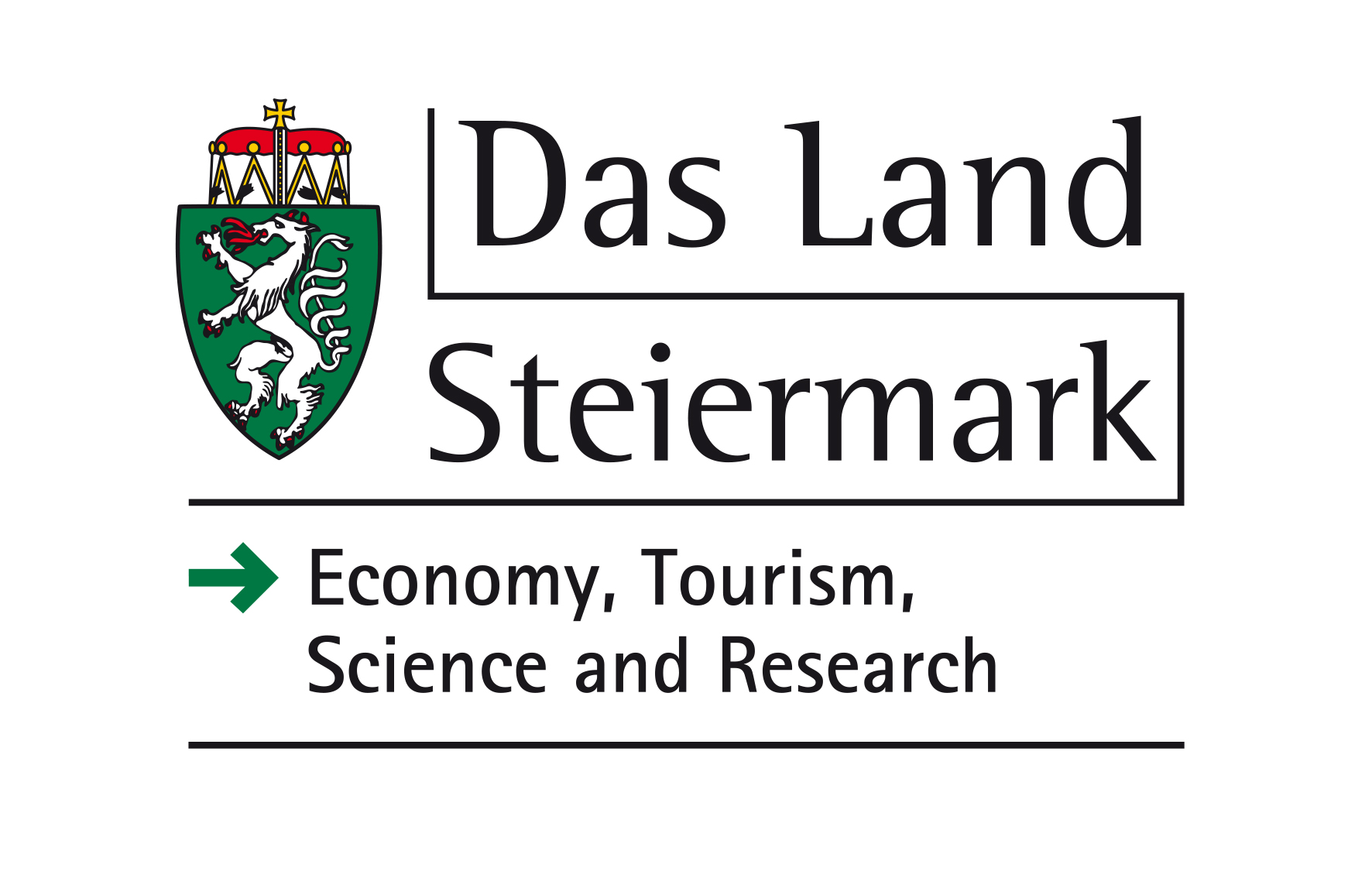Quantum Field Theory has proven to be a powerful tool in many areas of physics. In the last decades, advancements in QFT techniques, especially those beyond perturbation theory, have enabled significant progress in addressing questions related to the real-time and non-equilibrium dynamics of quantum fields. Nevertheless, substantial work remains to be done to fully grasp the fundamental aspects of these complex phenomena. Given their importance for many areas of physics such as astrophysics, cosmology, heavy-ion physics, and quantum simulators, it is essential to bring together experts who employ diverse methods to investigate the time evolution of quantum fields.
One prevalent approach to study the real-time behavior of (strongly) interacting quantum fields involves the analytic continuation of correlation functions determined in Euclidean space using various non-perturbative methods. Alternatively, Poincaré-covariant phase space formalisms, such as the Dirac-Heisenberg-Wigner formalism, offer a more direct method for understanding the time evolution of quantum fields far from equilibrium. Furthermore, recent advances in quantum computing have enabled direct calculations, thereby opening up fascinating possibilities for exploring QFT predictions in a wide range of non-equilibrium systems.
The aim of this meeting is to bring together leading experts and early-stage researchers working on these topics. The traditional Symposium in Oberwölz, taking place amidst the scenic Styrian Alps, provides the ideal setting for such a workshop. The critical comparison of different approaches and the diverse backgrounds of the participants will foster cross-fertilization among the various existing techniques in real-time and non-equilibrium quantum field theory, identify potential synergies, and decisively advance them further.
This event is supported by the Wilhelm and Else Heraeus Stiftung, the University of Graz, the City of Oberwölz and the Province of Styria.
|
 |

|
 |
|
